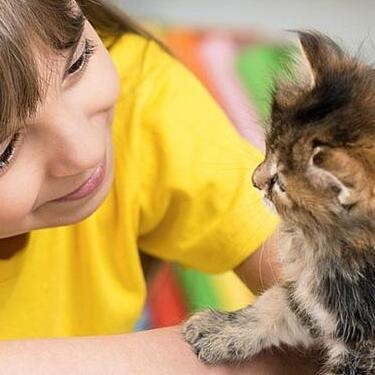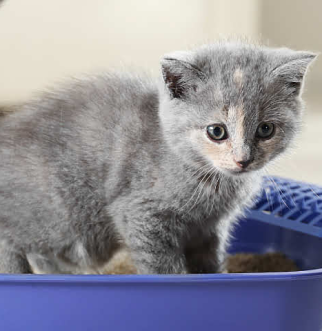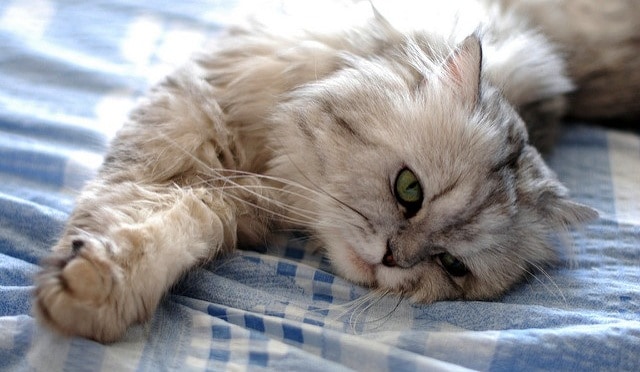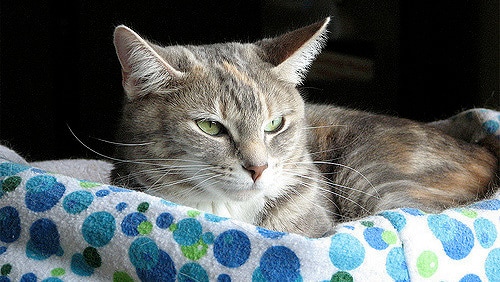
-
Find the right food for your pet
Take this quiz to see which food may be the best for your furry friend.
Find the right food for your pet
Take this quiz to see which food may be the best for your furry friend.
Featured products
 Small & Mini Savory Stew with Chicken & Vegetables Dog Food
Small & Mini Savory Stew with Chicken & Vegetables Dog FoodA delicious complement to the nutrition of Science Diet Small & Mini 7+ dog food
Shop Now Adult 7+ Perfect Digestion Chicken, Whole Oats & Brown Rice Recipe Dog Food
Adult 7+ Perfect Digestion Chicken, Whole Oats & Brown Rice Recipe Dog FoodScience Diet's breakthrough nutrition supports ultimate digestive well-being & healthy microbiome for dogs age 7+
Shop Now Adult Healthy Cuisine Roasted Chicken, Carrots & Spinach Stew Dog Food
Adult Healthy Cuisine Roasted Chicken, Carrots & Spinach Stew Dog FoodDelicious roasted chicken paired with tender vegetables in a succulent stew
Shop NowFeatured products
 Adult Savory Entrée Can Variety Pack Cat Food
Adult Savory Entrée Can Variety Pack Cat FoodPrecisely balanced nutrition with the delicious taste of savory minced chicken to help fuel the energy needs of cats during the prime of their life
Shop Now Adult 7+ Tender Tuna Dinner Cat Food
Adult 7+ Tender Tuna Dinner Cat FoodWith delicious chunks in a decadent gravy
Shop Now Adult 7+ Senior Vitality Chicken & Vegetable Stew Cat Food
Adult 7+ Senior Vitality Chicken & Vegetable Stew Cat FoodImproves Everyday Ability to Get Up & Go
Shop Now -
Dog
- Dog Tips & Articles
-
Health Category
- Weight
- Food & Environmental Sensitivities
- Urinary
- Digestive
- Joint
- Kidney
-
Life Stage
- Puppy Nutrition
- Adult Nutrition
- Senior Nutrition
Cat
- Cat Tips & Articles
-
Health Category
- Weight
- Skin & Food Sensitivities
- Urinary
- Digestive
- Kidney
-
Life Stage
- Kitten Nutrition
- Adult Nutrition
Featured articles
 Why Are Dogs and Cats So Cute?
Why Are Dogs and Cats So Cute?If waggy puppy dog tails and furry kitten yawns make you swoon, you're not alone. Why are cats so cute? And, dogs too! Let's find out!
Read More Do Dogs and Cats have Belly Buttons?
Do Dogs and Cats have Belly Buttons?Learn whether cats & dogs have belly buttons like humans, what the function is, and if there are any health concerns associated with it.
Read More Does My Pet Hate Me?
Does My Pet Hate Me?Learn tips for bonding with your pet if you've ever thought, 'My dog doesn't like me, or 'Why do I have a standoffish cat?'
Read More -


When your kitty is under the weather, she can't exactly ask for a pain reliever or an ice pack to help her feel better, so you may find yourself asking, "does my cat have a fever? And, how can I tell if she does?" Learn how to identify the symptoms, causes and treatment related to your cat's fever.
Symptoms
There are tell-tale signs when humans have a fever, and these same symptoms also are visible in kitties, such as lack of appetite, weakness or lethargy, shivering, dehydration or ears that are warm to the touch. In addition to a rapid heart rate and/or increased respiratory rate, cats may exhibit other symptoms specific to the illness that may be causing the high fever, depending on what ailment is troubling your feline friend.
The most conclusive way to determine if your cat has a fever is to take her temperature. A cat's normal body temperature is between 99.5 and 102.5 degrees Fahrenheit. A temperature above this range may indicate a fever.
Ear thermometers may be easier and more convenient for pet parents, but as Petcha explains, "The best and most economical way for you to take your cat's temperature is by using a pediatric rectal glass or digital thermometer. Taking your cat's temperature usually takes two people: one to restrain the cat and the other to insert the thermometer." Be sure to lubricate the thermometer with petroleum jelly and leave in for at least two minutes to get the most accurate result. Be sure to not stick a rectal thermometer in too far as the rectal tissue is sensitive and can cause damage to your cat. Also, never use a mercury thermometer on your cat because if the thermometer breaks it can be very harmful for your cat's health and life.
Although not the most appealing or comfortable method, taking the rectal temperature is the best way to answer the question of whether or not your cat has a fever. If you are uncomfortable taking your cat's temperature, contact your veterinarian right away so you can take her in for an appointment and have her temperature taken by a professional. It is also important to bring in your cat's vaccination record to help your veterinarian get the best record of any other illness that your cat may not have been vaccinated against to help narrow down what is causing your cat's fever.
Causes
Once you determine your cat has a fever (or, pyrexia, as it's known in medical terms), your vet will determine whether further testing is required to determine the cause. Knowing the cat's health history will be of great help. If you have to bring your cat to an after-hours veterinary office instead of her regular doctor, be sure to bring documentation of her history, especially a list of medications, as sometimes cats can have a bad reaction to certain drugs.
Similar to fevers in humans, there is a wide range of possible causes for fever in cats, the most common of which is a bacterial infection. Other possibilities include immune system or inflammatory issues, exposure to toxins, a disorder or a disease. It's also possible that fever in cats is caused by an unknown problem, at which point you and your vet can discuss the next steps.


Tasty Tips
Treatment
Along with rest and hydration, fevers in cats typically are treated with antibiotics. As with taking your cat's temperature, getting your cat to take medication may not be easy, but it's important. If she spits out her pill or won't eat the cat food in which you've hidden it, VCA Hospitals provides great tips for giving pills to a feisty cat. One method includes wrapping her in a towel for comfort and security. It's a good idea to employ a helper to assist with this challenging job.
In some instances, your vet can provide you with a liquid medication, which is easier to administer.
It's not easy to watch your fur baby suffer from a fever, but in addition to following your vet's instructions for medical care, there are things you can do to catch an illness before it progresses. Performing regular cat maintenance (brushing her teeth, clipping her claws) and check-ups (look at her ears, monitor her eating and drinking habits) provides you with a great baseline for your kitty's health.
And don't forget to smother her with snuggles and cuddles. A little love goes a long way to help your kitty get well soon!


Christine O'Brien is a writer, mom, and long-time cat parent whose two Russian Blues rule the house. Her work also appears in Care.com, What to Expect, and Fit Pregnancy, where she writes about pets, pregnancy, and family life. Find and follow her on Instagram and Twitter @brovelliobrien.
Related products
Related articles

How do you get a cat to lose weight? Learn all about cat foods for weight loss, including how to choose weight control cat food and exercise tips.

Discover how to train your cat, starting with very basic first steps that both reward good behavior and discourage the bad.

Cats are naturally very clean and chances are your kitten will already have learned how to use the litter box from her mother before she comes to live with you.

What is the best food for an overweight cat? Learn all about weight control food for cats, including what's in it and how it works.

Put your cat on a diet without them knowing
Our low calorie formula helps you control your cat's weight. It's packed with high-quality protein for building lean muscles, and made with purposeful ingredients for a flavorful, nutritious meal. Clinically proven antioxidants, Vitamin C+E, help promote a healthy immune system.
Put your cat on a diet without them knowing
Our low calorie formula helps you control your cat's weight. It's packed with high-quality protein for building lean muscles, and made with purposeful ingredients for a flavorful, nutritious meal. Clinically proven antioxidants, Vitamin C+E, help promote a healthy immune system.



